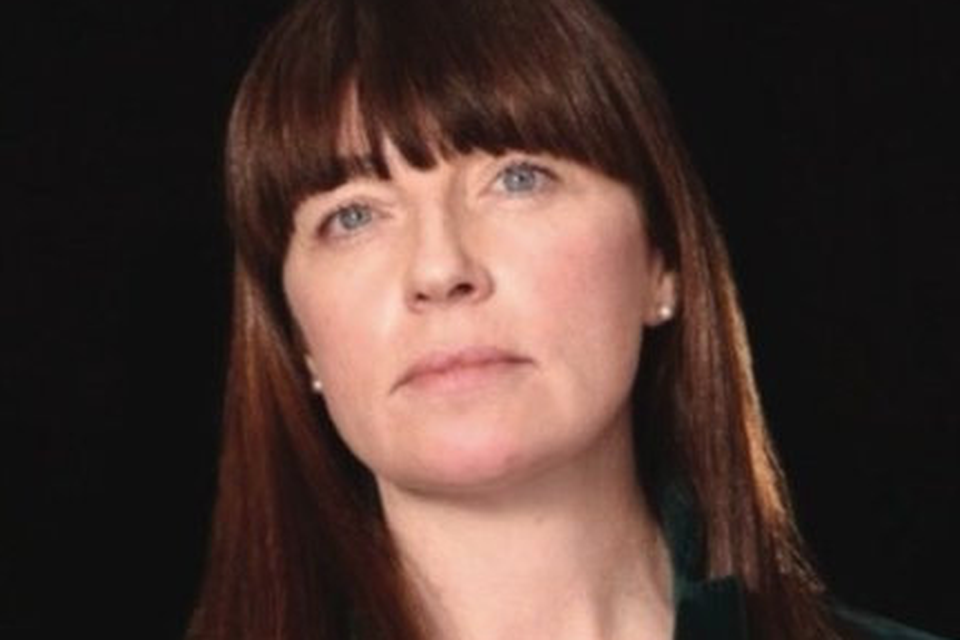Most workers aren't saving for retirement - fuelling fears of 'pension time bomb'
Irish Congress of Trade Unions social policy officer Laura Bambrick said tax reliefs had failed to entice earners to save
Most workers are not saving towards a pension, new figures reveal.
Official data on the number of employees currently paying into an occupational scheme does little to alleviate fears that we are heading for a pensions time bomb. It shows just 47pc of workers are currently contributing to an occupational or private pension - so most will have to rely on the State pension in old age.
The number paying into a pension represents an increase of just 0.4pc since 2015. The Government has promised to roll out a mandatory pension scheme for workers with no pensions - but it is unlikely to open to members until 2022.
According to the official figures, the number of workers with pensions stands at 56pc when those who are no longer contributing to a scheme but did once are counted in.
This includes deferred pensions for those who may have spent a couple of years in a job and will get a reduced pension when they retire.
A total of 57pc of men had a pension compared with 55pc of women. Pension coverage is worst among younger workers, with just one in six of those aged 20 to 24 with a pension. This is in stark contrast with those aged between 45 and 54, of whom more than 70pc have pensions.
The Irish Congress of Trade Unions said less than half of workers are saving towards their retirement. Social policy officer Laura Bambrick said tax relief has failed to encourage low and middle-income earners to save. She said there is no legal obligation on an employer to provide or contribute to a pension scheme for employees.
"As the State pension is paid at a flat-rate, rather than earnings-related, workers without retirement savings are exposed to a significant drop in their living standards in old age," she said.
"To address the lack of adequate pension provision and the unwillingness of employers to contribute to their workers' income in old age, Government plans to follow international best practice for boosting pension coverage by legally requiring employers to automatically include their staff into a retirement savings scheme by 2022.
"Tax relief has failed as a policy instrument for encouraging low and middle-income earners to save enough towards a financially secure retirement, and there is no legal obligation on an employer to provide or contribute to a pension scheme for employees," she added.
ICTU general secretary Patricia King said the Central Statistics Office figures reaffirm the case for auto-enrolment and called on the Government to ensure it meets it ambitious deadline for its introduction.
The number of pensioners is set to more than double over the next 40 years, while the ratio of workers to pensioners will fall to just 2:1. This will create a major funding challenge as the Social Insurance Fund is forecast to clock up a deficit of up to €400bn over the next 50 years.
Join the Irish Independent WhatsApp channel
Stay up to date with all the latest news















